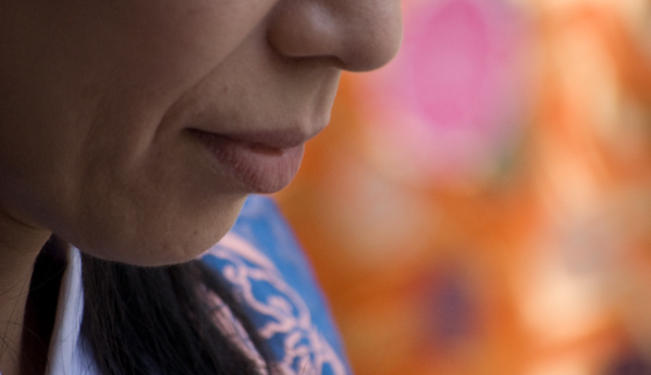By realizing altering chances on the job market, women in China are equally facing new perceptions on their role in society.
Background
China’s past is critical to understanding the role of women in China today. In Imperial China, women assumed a relatively subordinate position to men. Women did possess some power; within the family content, for example, they would often assume a role of leadership. However, this power did not generally extend beyond the home and familial affairs. In the period between the end of the Qing dynasty in 1911 and the founding of the People’s Republic of China in 1949, the role of women in Chinese society began to change dramatically.
Although women are longer repressed by the immobilizing foot-binding tradition practiced for generations, they now experience different limitations and social pressures. Whilst communism pushed men and women to work together, China’s traditional Confucianism, which berates “strong women,” lingers. This ideological contradiction results in a society wherein female high-flyers experience difficulty finding partners and women face prejudice in higher education and the workplace. Consequently, financial constraints are common, and many women admit that financial incentives are often more important than personal compatibility when searching for a partner.
Why is the Role of Women in China Relevant?
In China, as in all societies today, the question of “the role of women” is debated across different social groups. Rapid economic development has had major implications for China’s population. Whereas there are increased opportunities for all, there continues to be a glass-ceiling for many.
The United Nations Development Programme’s Human Development Report (2010) gave China a “Gender Equality Ranking” of 38, just below the US (37) and far above Brazil (80), another member of the “Big Four.” Nevertheless, women’s positions of leadership in employment can be graphed as a pyramid: the nearer to the top, the fewer women to be found. The Central Government recognized this disparity within the civil service sector, and, since 2008, it has actively encouraged local governments to employ more women in leadership positions. The unequal gender representation in the workplace, however, is symptomatic of diverse underlying issues.
Globalization and the economic development of China present increased opportunities along with increased competition. Characterized by over-population and a high percentage of educated citizens, China is a society wherein women lose out to their male counterparts. The one-child policy introduced in 1978 places huge pressures on young families, as the care for elder grandparents falls to one grandchild and his or her spouse. Because enterprises tend to favor male employees, child-rearing falls primarily to the women.
Today, the role of women in China differs across social boundaries. Although there are, in theory, endless opportunities, only some women can access them. There is no accepted role for women; some women are CEOs and government officials, whilst others opt for completely different lifestyles. Current affairs such as the scandal involving Bo Xilai’s wife and China’s first female astronauts are gaining much press, thereby drawing increased attention to the question of the role of women. The rapid development of China has shifted the issues faced by women, and many are now beginning to scrutinize their role within society, the economy and politics.
For more than 10 years, Fair Observer has been free, fair and independent. No billionaire owns us, no advertisers control us. We are a reader-supported nonprofit. Unlike many other publications, we keep our content free for readers regardless of where they live or whether they can afford to pay. We have no paywalls and no ads.
In the post-truth era of fake news, echo chambers and filter bubbles, we publish a plurality of perspectives from around the world. Anyone can publish with us, but everyone goes through a rigorous editorial process. So, you get fact-checked, well-reasoned content instead of noise.
We publish 2,500+ voices from 90+ countries. We also conduct education and training programs on subjects ranging from digital media and journalism to writing and critical thinking. This doesn’t come cheap. Servers, editors, trainers and web developers cost money.
Please consider supporting us on a regular basis as a recurring donor or a sustaining member.
Support Fair Observer
We rely on your support for our independence, diversity and quality.
Will you support FO’s journalism?
We rely on your support for our independence, diversity and quality.





